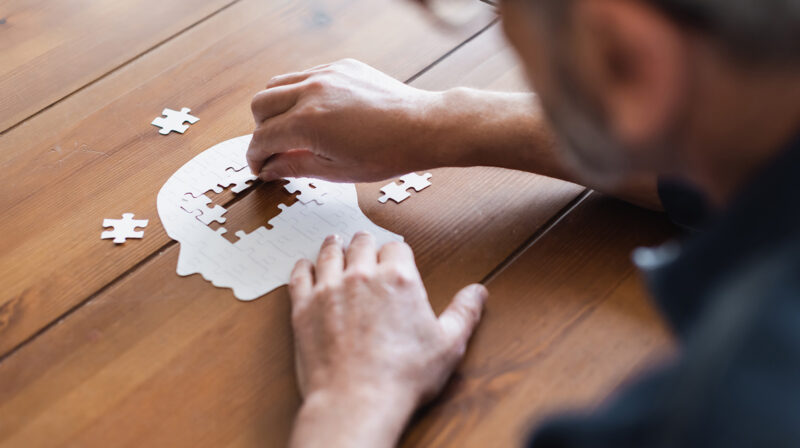Sport – at the right time – strengthens the memory.
This article is verified by 3 studies/publications.

We’ve already reported that short-term running training can immediately boost cognitive performance. In a nutshell, exercise increases positive emotions so much that it leads to higher motivation and better performance, as shown in improved test results shortly after.
A Dutch study also found that exercise positively impacts cognitive performance, but this time, the focus was on learning and memory capacity instead of immediate effects.
Too long; didn’t read (Summary)
- A study aimed to determine how exercise affects memory retention.
- In a test designed to measure memory, participants were asked to memorize 90 pictures.
- Afterward, they completed 35 minutes of interval training on an ergometer, either immediately following the learning phase or four hours later.
- Results showed that neither exercise nor endurance training right after the learning phase had an impact on memory performance.
- However, participants who exercised four hours later performed the best and remembered the pictures the best.
- Brain scans and hippocampal activity confirmed these results.
Memory experiment to test memory capacity
72 individuals were divided into three groups. Over about 40 minutes, all participants had to remember the position of 90 images in a memory-like test. The first group immediately did a 35-minute interval training on an ergometer (up to 80% of maximum heart rate) after the test. The second group performed the same physical activity 4 hours after the learning session. Group 3 served as a control and didn’t exercise.
Two days later, all three groups returned to the lab to test how well they remembered the image positions. Brain activity was also measured using MRI.
Later exercise may be better
The best performance was achieved by participants who exercised 4 hours after learning. If the physical activity was done immediately after learning, no effect on memory capacity could be observed.
The study gets even more interesting when considering the brain scans taken at the same time. They reveal that the hippocampus, which is involved in learning and memory, among other things, was apparently able to retrieve the information from the learning session that took place two days prior more effectively in the group that exercised later.
It’s unclear why the group that exercised right after learning didn’t benefit as much. Other studies that used procedural tasks have repeatedly found that immediate training has a positive effect[1][2].
Regarding other studies[3], the study authors speculate that not just the exercise itself could play a role, but also the type of learning or task. So, the question of the best timing for subsequent training remains unanswered, unfortunately.
While there’s no definitive answer from a study perspective, one thing is clear: exercise not only increases physical performance, but in the best case, it also positively influences the mind.
Sources
- A single bout of exercise improves motor memory. Roig M, Skriver K, Lundbye-Jensen J, Kiens B, Nielsen JB. PLoS One. 2012;7(9):e44594. doi: 10.1371/journal.pone.0044594.
- A Single Bout of Moderate Aerobic Exercise Improves Motor Skill Acquisition.Statton MA, Encarnacion M, Celnik P, Bastian AJ. PLoS One. 2015 Oct 27;10(10):e0141393. doi: 10.1371/journal.pone.0141393.
- Acute Exercise Improves Prefrontal Cortex but not Hippocampal Function in Healthy Adults. Basso JC, Shang A, Elman M, Karmouta R, Suzuki WA. J Int Neuropsychol Soc. 2015 Nov;21(10):791-801. doi: 10.1017/S135561771500106X. PMID: 26581791.